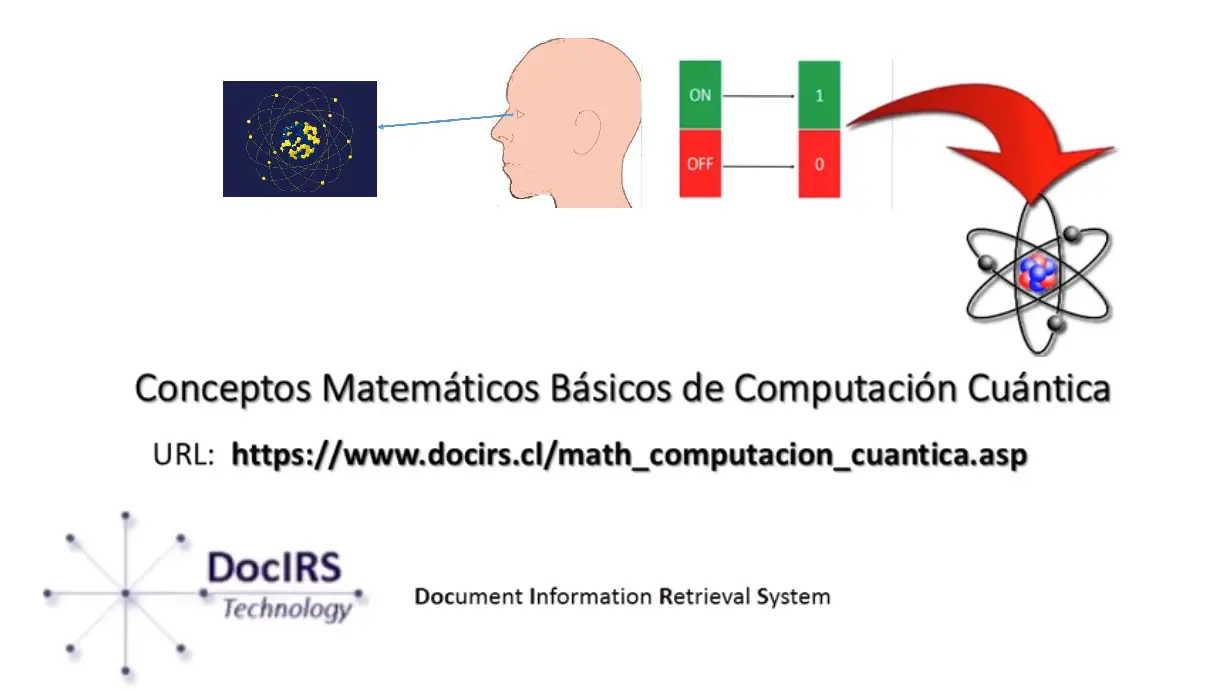The Non-Drinking Pledge: How to Make an Effective Oath
Discover in this article how the commitment to not drink can transform your life and give you a new perspective on personal well-being. Learn how to make an effective oath that allows you to achieve your goals and maintain a balanced life. Read on to find out more!
The Power of an Oath: How to Pledge Not to Take
“The Power of an Oath: How to Commit to Not Drinking” highlights the importance of making a serious and firm commitment to abstain from alcohol. This approach is based on recognizing the influence of the social environment and peer pressure on drinking, and on the strength that a public and personal commitment can provide.
Some key points to consider on this topic are:
- Taking a public oath can strengthen a person's determination not to drink by making the commitment more visible and tangible.
- The support of friends, family and the community is essential to staying firm in the decision not to consume alcohol, especially in social situations where the pressure may be greater.
- Setting clear, realistic goals, as well as remembering your personal reasons for not drinking, can help reinforce long-term commitment.
- Looking for healthy and rewarding alternatives to replace the activity of drinking alcohol can be key to changing habits and maintaining an alcohol-free lifestyle.
Personal Commitment: My Sobriety Pledge
| Personal Commitment: My Sobriety Pledge |
| A personal commitment to sobriety is a promise a person makes to themselves to abstain from the use of addictive substances, such as alcohol or drugs. |
Importance of commitment:
|
Strategies to maintain commitment:
|
The protocol in taking the oath: what you should knowThe protocol in taking the oath: what you should know Taking an oath is a formal and solemn act in which a person agrees to tell the truth or fulfill certain obligations. In this process, it is essential to follow an established protocol to guarantee its validity and seriousness. Below are important aspects that you should know about the protocol when taking the oath:
Here we go with the tips to commit to not drinking! Remember, if you fall into temptation, don't worry! Tomorrow will be another day to try again! And if all else fails, you can always resort to the foolproof trick of pretending that your glass is full of an exotic non-alcoholic cocktail. Stay strong and may the force be with you on this hangover-free adventure! |




Post Comment